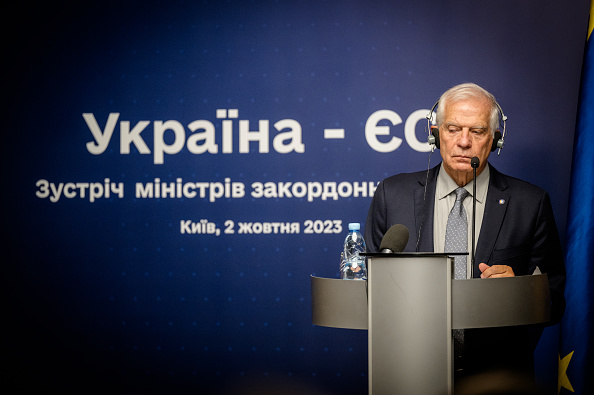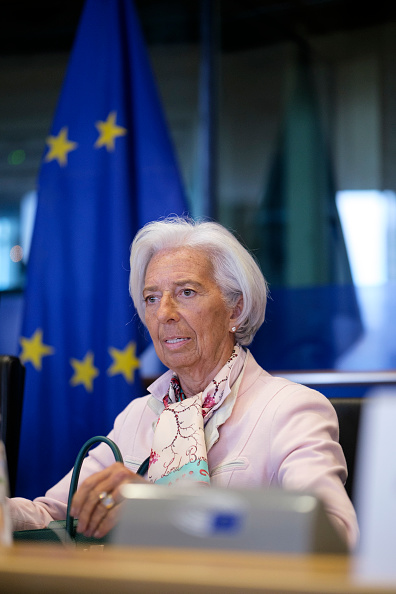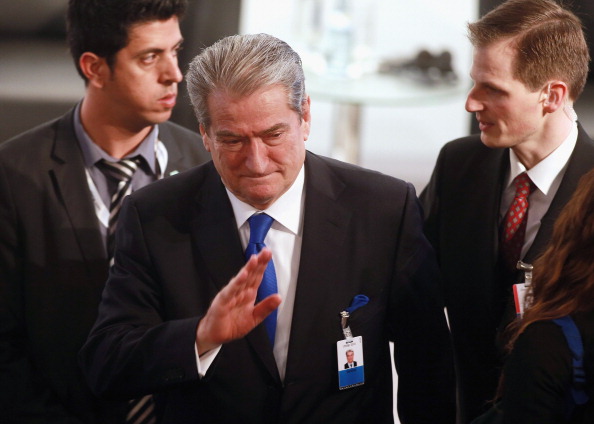The European Union is auditing Member States’ military aid to Ukraine, with Germany complaining France is not pulling its weight, as others see things differently.
The numbers cited in the press so far are very misleading, experts have told Brussels Signal.
EU leaders will meet for a summit in Brussels on February 1 to discuss further aid to Ukraine and try to agree a “common budget”.
The European External Action Service will audit each Member State’s military contributions so far.
Observers say the risk is countries including France may be reluctant to provide data and that commonly cited figures in the public domain are not especially accurate.
“I cannot understand why numbers [data] are cited that are misleading,” said Justyna Gotkowska, a foreign-policy analyst at Warsaw’s Centre for Eastern Studies.
Many newspaper sources, including the UK’s Financial Times, have relied on data regarding military contributions to Ukraine that come from Germany’s Kiel Institute. With countries “reluctant” to provide complete information to EU diplomats, public sources play a vital role, experts have said.
According to Gotkowska: “Kiel Institute’s numbers on military aid are misleading, especially regarding Germany.
“Berlin in 2022-2023 provided Ukraine with military aid with a value of nearly €6 billion, not €17 billion as given in their tables.”
The Kiel Institute counts pledges of future aid but “we really should look to what countries have actually delivered”, she said.
Still, those numbers can also be “wildly inconsistent”, Gotkowska added.
“Countries are assessing the costs of equipment differently, with some counting the value of how much they will spend for replacement, not what is the cost of used equipment they delivered.
“So you need to look at the value of military help minus pledge – and look at the same time at what type of equipment has been delivered, whether it has been delivered already at all, as some deliveries will not reach Ukraine for months, and how much has been pledged,” she warned.
Peter Sawicki, a Warsaw-based journalist at Germany’s public broadcaster Deutschlandfunk, added that a country’s contributions also ought to be weighed relative to its GDP.
Germany is a case in point, he said. “Whenever I travel to Ukraine, the people I talk to constantly express their gratitude towards Germany” for air defence systems and howitzers that are saving lives and appreciated by soldiers, adding Germany’s humanitarian aid is “staggering”.
Sawicki said that, at the same time, “if Germany were to engage as much as the Baltic countries or even Poland have done relative to their GDP, Ukraine would be in a much better situation”.
Instead, “pointing to – or boasting about – statistics showing that Germany is now among the top supporters in absolute numbers is covering up the fact that it still could do more”, he said.
Major new arms systems for Ukraine have, so far, usually been introduced by other countries.
The UK has already delivered Storm Shadow long-range cruise missiles, while Germany is apparently still reluctant to send Taurus missiles, with a range that is a third longer.
There is little dispute among Western leaders, though, that military aid to Ukraine as yet is insufficient to defend against Russian aggression effectively over the longer term.
Germany’s Chancellor Olaf Scholz told reporters on January 9: “The arms deliveries for Ukraine planned so far by the majority of EU Member States are too small.”
According to observers, a second session for Donald Trump as President at the White House could see US aid drastically curtailed from the beginning of 2025.
So therefore, Gotkowska said, it is “high time that the EU countries take a possible discontinuation of US support for Ukraine seriously and take stock of what has been delivered and pledged”.
“We just need to be a bit sceptical with the numbers we see – and mind how we count.”





